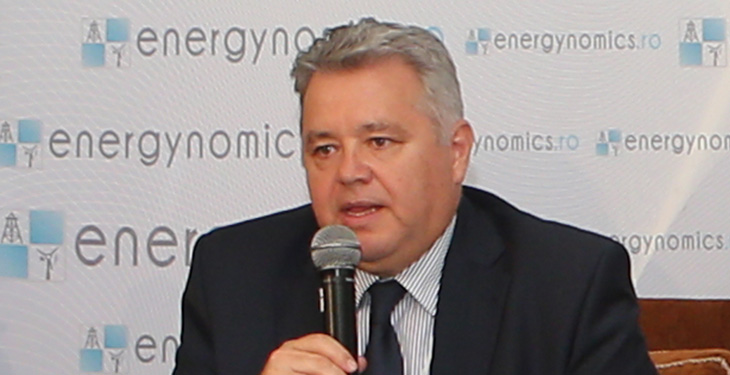Bogdan Tudorache
Although the new European directives allow power purchase agreements (PPAs) to be concluded in theory, energy businessmen claim that they do not venture to violate national law in order to conclude them.
“As far as PPA contracts are concerned, my perspective is that they can be concluded as of January 1, 2020, based on Regulation 943, which allows any contract for the sale and purchase of energy to be made on the basis of demand and supply, and on any market – either regulated or unregulated. For natural gas, it was allowed before, certainly, in the context of the obligation for a certain part of a producer’s gas sales to comply with certain percentages, which now, in the discussion, are somewhere at 30%. At electricity there is no compulsory percentage of sale on the exchange,” said Niculae Havrileț, State Secretary within the Ministry of Economy and Energy (MEEMA).
“It’s very debatable. However, we have in force Law 123, where we have that article which says that the producers are obliged to place in the centralized market all the quantities that they have. How do you do PPAs under these conditions? What do you violate, Regulation 943 or the Law?,” an energy businessman told us.
European regulations generally apply with priority, before national legislation, in accordance with the Treaty of Accession to the European Union.
“In theory, it is. But can you take that risk? Finally, you violate a Romanian law, it provides for some sanctions,” said the quoted source.
“Indeed, on the basis of the Treaty of Accession to the EU, in case of contradiction, the European law prevails, but these are general issues. The business persons I know have stayed away away from PPAs, waited to be regulated locally. But the meaning of the Regulation is very clear, it is only a matter of time until it is implemented in us. However, it remains a delicate topic.”
